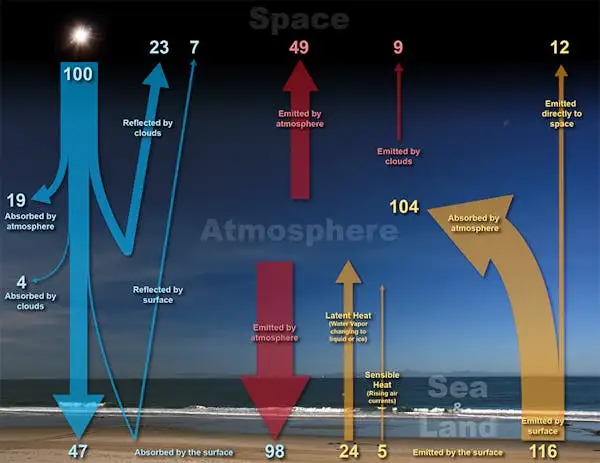Clouds form when water vapor – an invisible gas in the atmosphere – sticks to tiny floating particles, such as dust, and turns into liquid water droplets or ice crystals. In a newly published study, we show that microplastic particles can have the same effects, producing ice crystals at temperatures 5 to 10 degrees Celsius (9 to 18 degrees Fahrenheit) warmer than droplets without microplastics.
This suggests that microplastics in the air may affect weather and climate by producing clouds in conditions where they would not form otherwise.

You must log in or # to comment.

